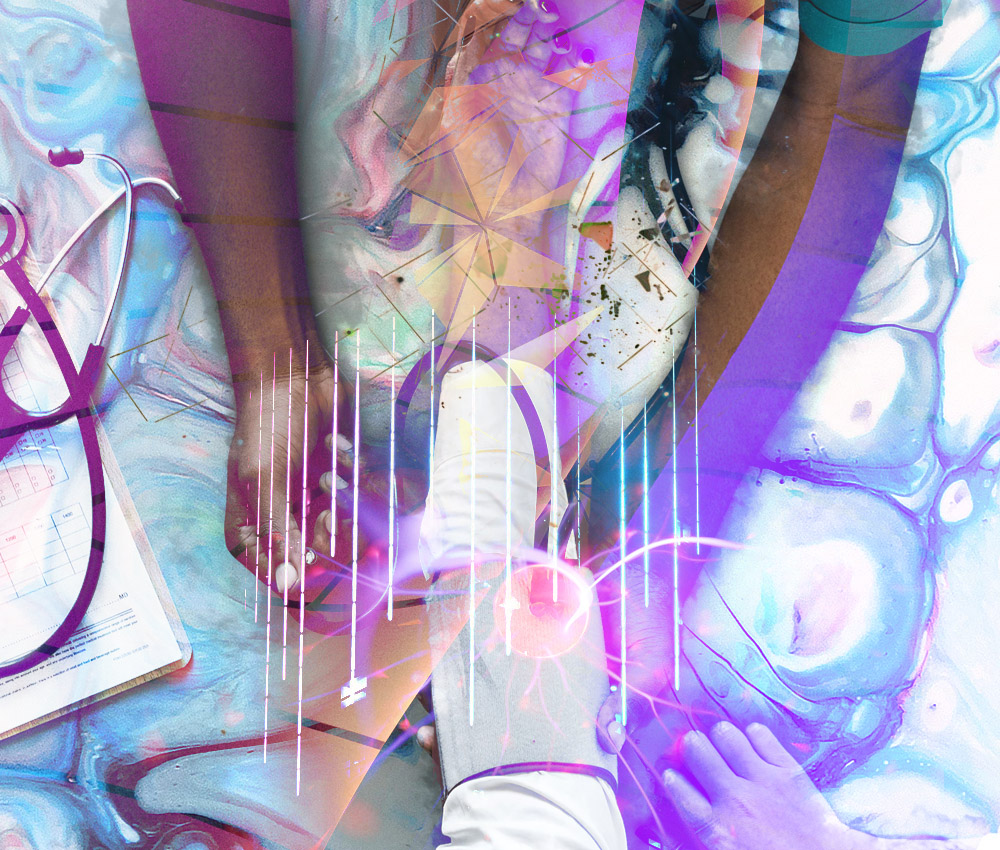 Healthcare Applications
Healthcare Applications
The Internet cannot ensure the fidelity of medical data routing; biometric tagging is necessary.
Learn more
“With Aerendir®'s technology you are not the product.”
Dr. Martin Zizi
CEO Aerendir®
Over the past few years almost 180 million Americans have had their healthcare records stolen. Once medical records are stolen and treatment provided for another person the legitimate user’s records become co-mingled with those of the thief, leading to potentially life-threatening mistreatment.
That is why flying medical bits are more sensitive than other types of data; they have medico-legal impacts. For this reason, tagging all those flying medical bits with our NeuroPrint® technology would ensure both Identity Assurance and reliable Routing.
Stolen personal data are used by cybercriminals to procure drugs or commit medical identity fraud. Recently, an Ohio man indicted on identity theft charges is said to have used another person's identity to get more than $300,000 in medical treatment. This sort of data breach can cost the U.S. Health Care system up to $7 billion a year, according to the Ponemon Institute.
On top of this, there is a third use case that we are working on: strong physiology-based encryption. We believe that combining Identity Assurance, foolproof Routing and self-Encryption will change the trajectory of mobile health. We aim to unleash mobile health’s true power by improving the delivery of health care and our ability to take charge in our medical records.
In addition to medical identity theft we are facing other serious issues. The Internet (TCP/IP protocol) cannot ensure the absolute fidelity of medical data routing, patients and insurers may become reluctant to share medical records on web pages. What would happen if your EKG traces that were sent across the Internet to an Electronic Medical Record (EMR) company or to an insurer, did not land into you EMR? It could be considered malpractice at best or even fraud if it was intentional.
Aerendir’s™ technology would work within both the healthcare and insurance industries to guarantee that no consumers were able to steal other people’s information, gain access to insurance records, purchase prescription drugs on other people’s behalf, and ascertain all personal medical bits are where they should. Imagine a world where your medical records are under your control: you can give your “network of providers” access to your data – always on hand, always up-to-date – without costly duplicates being read or accessed, completed entirely by medical and paramedical professionals for your benefit.